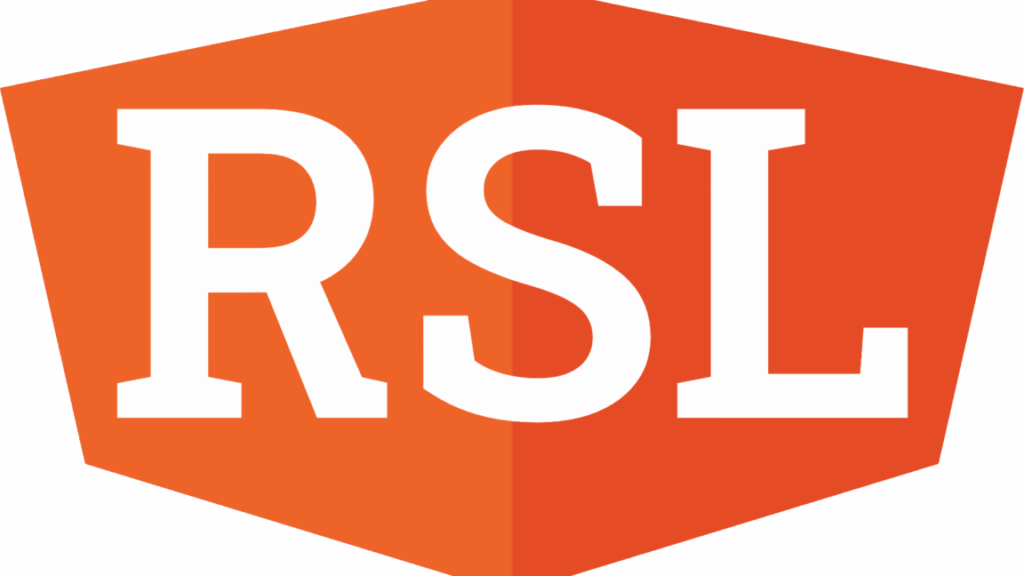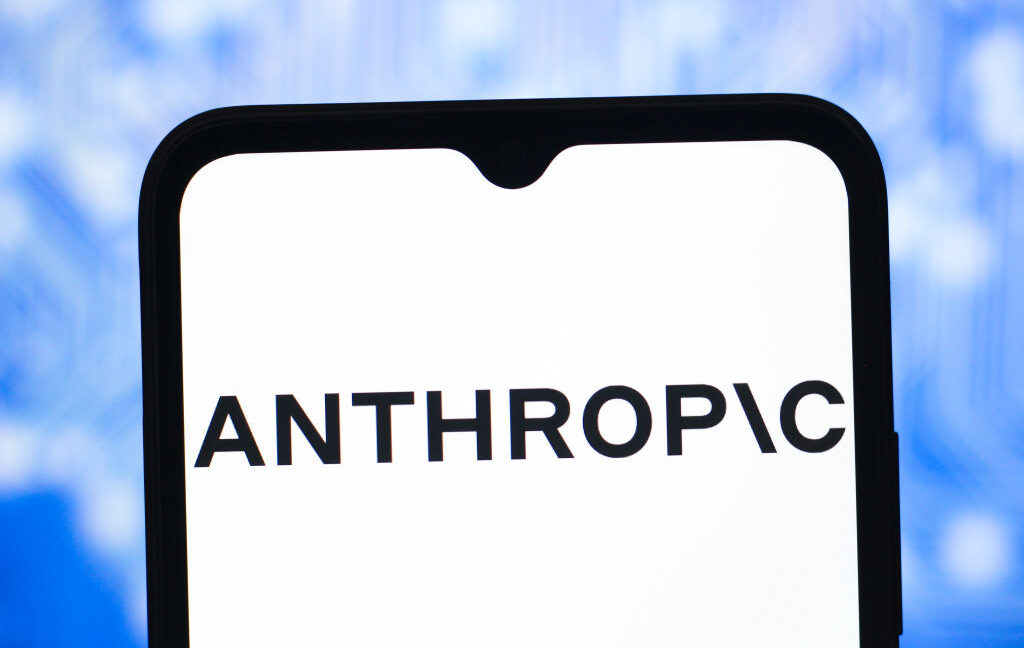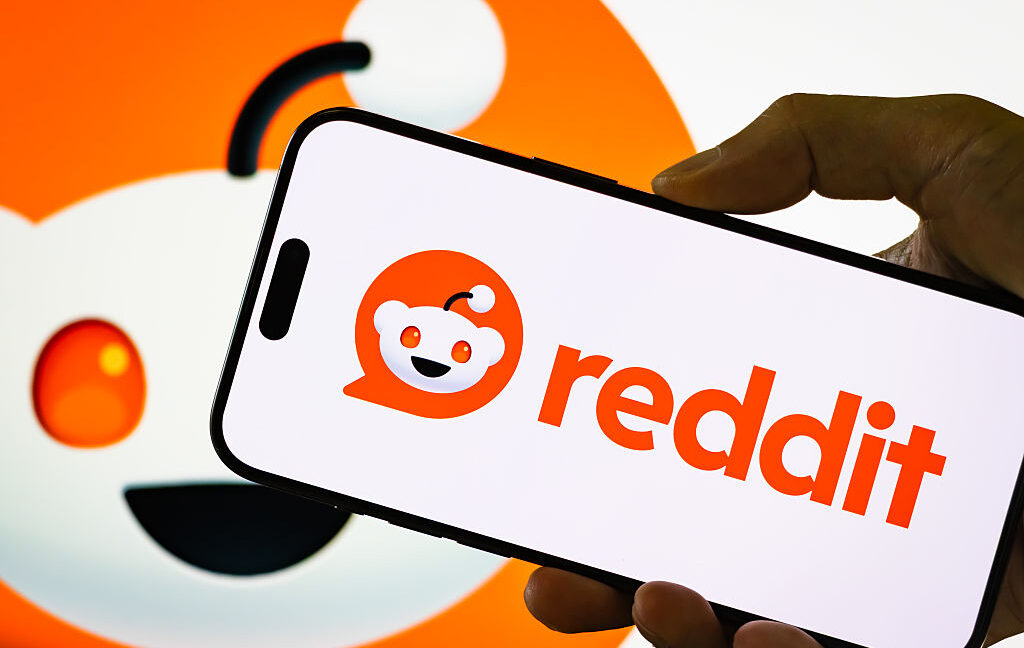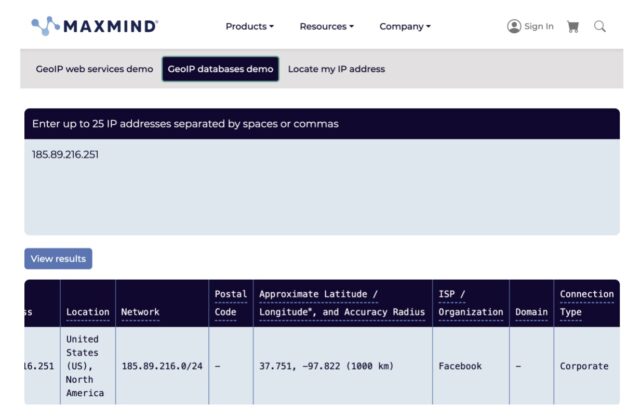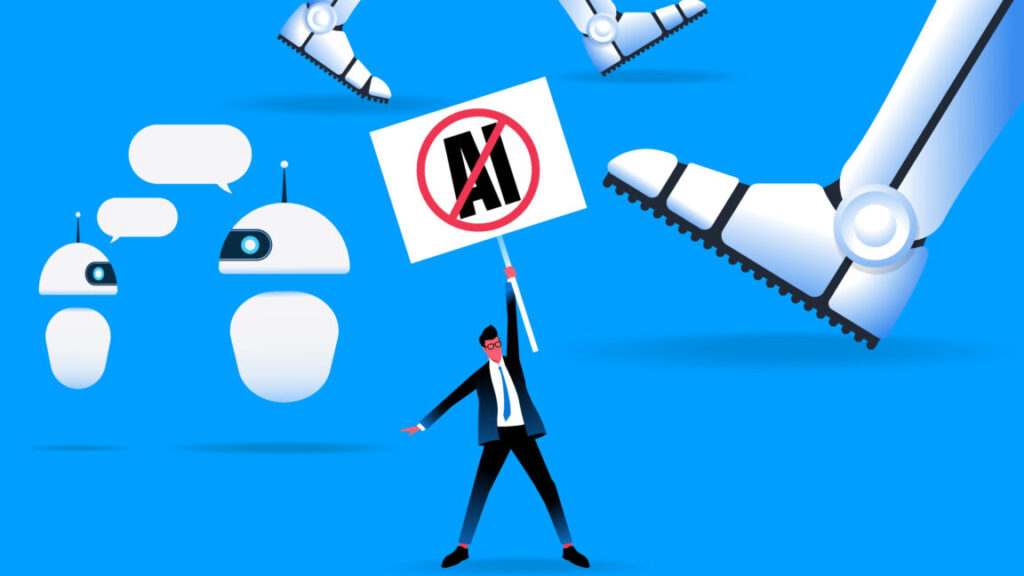Microsoft vows to cover full power costs for energy-hungry AI data centers
Taking responsibility for power usage
In the Microsoft blog post, Smith acknowledged that residential electricity rates have recently risen in dozens of states, driven partly by inflation, supply chain constraints, and grid upgrades. He wrote that communities “value new jobs and property tax revenue, but not if they come with higher power bills or tighter water supplies.”
Microsoft says it will ask utilities and public commissions to set rates high enough to cover the full electricity costs for its data centers, including infrastructure additions. In Wisconsin, the company is supporting a new rate structure that would charge “Very Large Customers,” including data centers, the cost of the electricity required to serve them.
Smith wrote that while some have suggested the public should help pay for the added electricity needed for AI, Microsoft disagrees. He stated, “Especially when tech companies are so profitable, we believe that it’s both unfair and politically unrealistic for our industry to ask the public to shoulder added electricity costs for AI.”
On water usage for cooling, Microsoft plans a 40 percent improvement in data center water-use intensity by 2030. A recent environmental audit from AI model-maker Mistral found that training and running its Large 2 model over 18 months produced 20.4 kilotons of CO2 emissions and evaporated enough water to fill 112 Olympic-size swimming pools, illustrating the aggregate environmental impact of AI operations at scale.
To solve some of these issues, Microsoft says it has launched a new AI data center design using a closed-loop system that constantly recirculates cooling liquid, dramatically cutting water usage. In this design, already deployed in Wisconsin and Georgia, potable water is no longer needed for cooling.
On property taxes, Smith stated in the blog post that the company will not ask local municipalities to reduce their rates. The company says it will pay its full share of local property taxes. Smith wrote that Microsoft’s goal is to bring these commitments to life in the first half of 2026. Of course, these are PR-aligned company goals and not realities yet, so we’ll have to check back in later to see whether Microsoft has been following through on its promises.
Microsoft vows to cover full power costs for energy-hungry AI data centers Read More »



